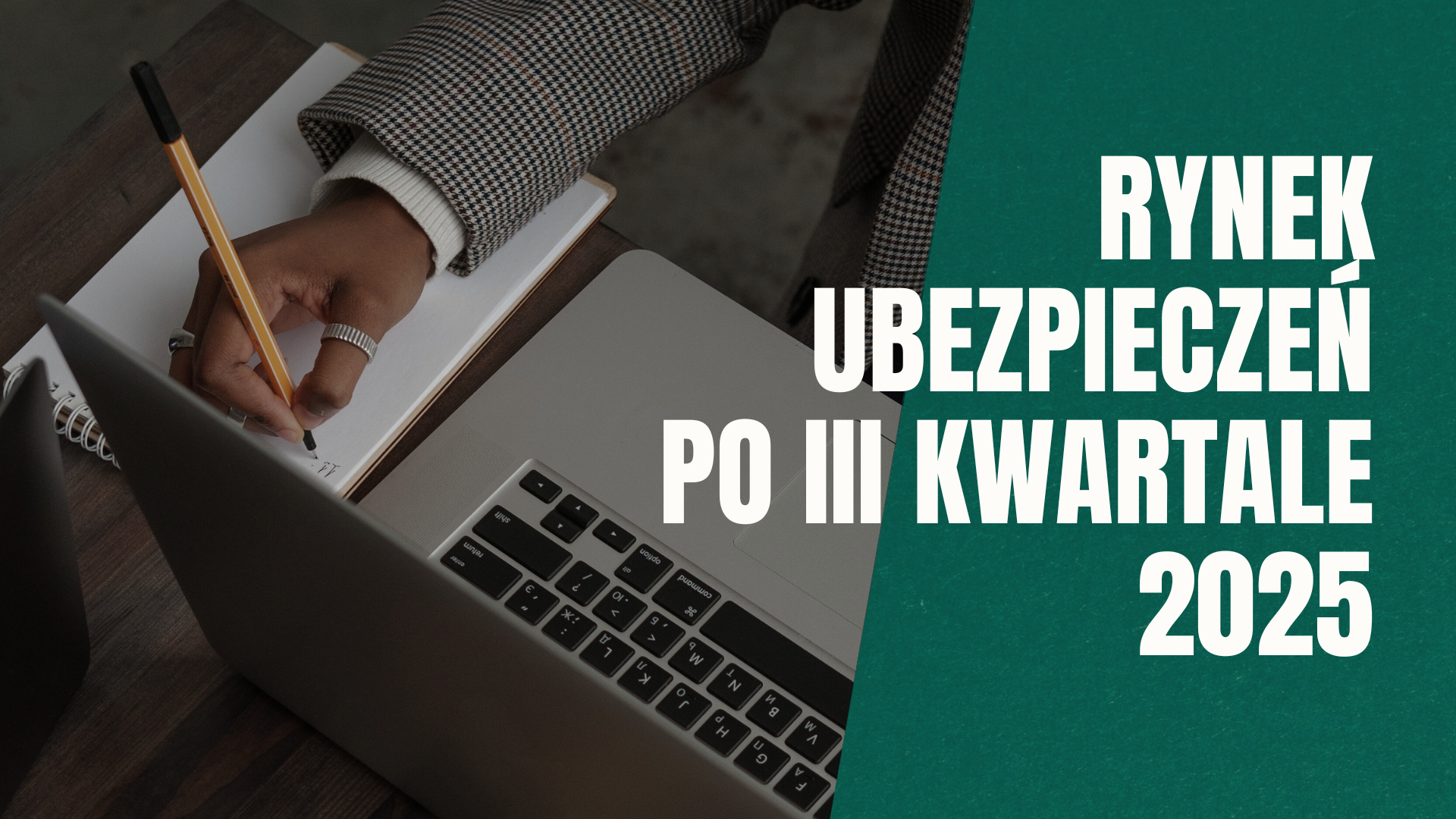In the current legal situation, employers cannot independently examine the sobriety of employees. This is determined by Art. 17 of the Act on Upbringing in Sobriety and Counteracting Alcoholism.
“Due to the numerous questions received by the Personal Data Protection Office regarding the latest changes in the Labour Code, it should be pointed out that in the current legal situation it is forbidden for employers to conduct employee sobriety tests. This also applies to random checks”, the President of the Personal Data Protection Office wrote in his statement.
The added Art. 221b of the Labour Code, which came into force on 4 May 2019, specifies that an employer may process special categories of an employee’s or job candidate’s personal data, including health, only with the data subject’s consent and when the data are provided by the person on his/her own initiative. In the opinion of the Personal Data Protection Office, information concerning insobriety constitutes information on health.
Although the above-mentioned provision of the Labour Code does not cover the employee’s breathalyser testing conducted by the employer, the circumstances and principles on which an employee’s sobriety can be examined are specified in Art. 17 of the Act of 26th October 1982 on Upbringing in Sobriety and Counteracting Alcoholism.
According to the above provision, the sobriety of employees can be checked only if two conditions are met:
- the examination takes place at the request of the manager of the company, a person appointed by him/her for this purpose or the concerned employee if there is a reasonable suspicion that the employee arrived at work under the influence of alcohol or consumed alcohol during work;
- examination of the employee’s sobriety shall be carried out by a competent body appointed to protect public order (e.g. the police), while the procedure of blood collection shall be performed by a person with appropriate professional qualifications to ensure the credibility of the test result.
It should be emphasised that in accordance with the Act on Upbringing in Sobriety and Counteracting Alcoholism, the manager of the company or a person appointed by him/her for this purpose is obliged to prevent employees from working if there is a reasonable suspicion that the employee arrived at work under the influence of alcohol or consumed alcohol during work. In this case, the employer is not obliged to call the police to examine the employee with a breathalyser. The reasonable suspicion that an employee is under the influence of alcohol is enough to prevent him/her from work. Therefore, a breathalyser test may be initiated by an employee in response to a charge that he is under the influence of alcohol. Thus, the Act excludes random or preventive testing of employees with a breathalyser.
In the opinion of the Personal Data Protection Office, there is no legal basis that would allow employers to independently examine employees with a breathalyser. Therefore, according to the Personal Data Protection Office, it is not possible to recognise the sobriety test of employees as:
- the form of monitoring employees’ work referred to in Art. 22 (3) § 4 of the Labour Code;
- necessary measures to ensure the safety of all employees or the hygienic working conditions;
- justified due to the legitimate interest of the employer.








